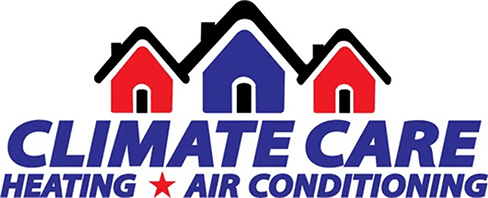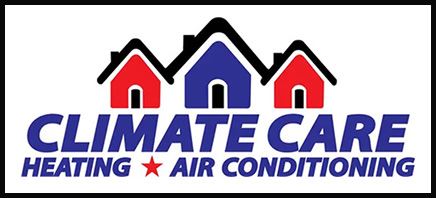When it comes to keeping your home warm and cozy during the colder months, your furnace plays a pivotal role. It's the unsung hero that quietly works behind the scenes to ensure your family's comfort.
Like any hardworking appliance, however, your furnace needs some TLC to keep performing at its best. And regular furnace inspections are the most crucial part of your maintenance regimen, because the consequences of neglect could be deadly.
Why Regular Furnace Inspections Matter
Optimal Performance: Just as your car needs regular tune-ups to run efficiently, your furnace benefits from inspections to perform at its best. An efficiently operating furnace heats your home more effectively, providing consistent comfort throughout the winter. For an added benefit, it also consumes less energy, reducing your heating and utility bills.
Extended Lifespan: Furnace replacement can be a significant expense. Regular inspections, however, catch and address minor issues before they become major, dramatically extending the lifespan of your furnace – which saves you money in the long run.
Safety First: The primary reason to schedule regular furnace inspections, of course, is safety. Furnaces burn fuel to generate heat, and that process produces potentially harmful byproducts like carbon monoxide. A well-maintained furnace is much less likely to develop the issues that lead to gas leaks or the production of dangerous gasses, however.
Inspections help identify and address all of these concerns before they become a serious risk to your family's fiscal and physical well-being.
What to Expect During a Furnace Inspection
Now that we've established the importance of these inspections, let's delve into what typically occurs during a professional furnace inspection:
Thorough Examination: A certified HVAC technician will conduct a comprehensive diagnostic and look over the heat exchanger, burner, flue, and other critical components. They'll then check for signs of wear, corrosion, or damage.
Cleaning and Lubrication: The technician will clean your furnace, including components like the blower and burners. They'll also lubricate moving parts to ensure they work smoothly.
Airflow Assessment: Proper airflow is crucial for efficient heating. Technicians will check the airflow, clean or replace air filters, and address any obstructions in the ductwork.
Safety Checks: As we’ve established, safety is a top priority. Technicians will test the furnace for gas leaks, carbon monoxide leaks, and other potential hazards. They'll also ensure all safety switches are functioning correctly.
Thermostat Calibration: Your thermostat plays a significant role in your furnace's operation. So, technicians will also calibrate and test that equipment to make sure it's accurately controlling the temperature in your home.
Recommendations and Repairs: Based on their findings, the technician may also recommend repairs or adjustments to improve the furnace's performance and safety. Finally, they'll provide you with a clear explanation of any issues and the associated costs.
How Often Should You Schedule Inspections?
Typically, it's a good practice to have your furnace inspected annually. Fall is an ideal time to schedule this service, ensuring that your furnace is ready to tackle the upcoming winter. Regular maintenance ensures your furnace operates efficiently, saving you money and providing peace of mind.
For all that, trust Climate Care – your Central Valley comfort experts.


